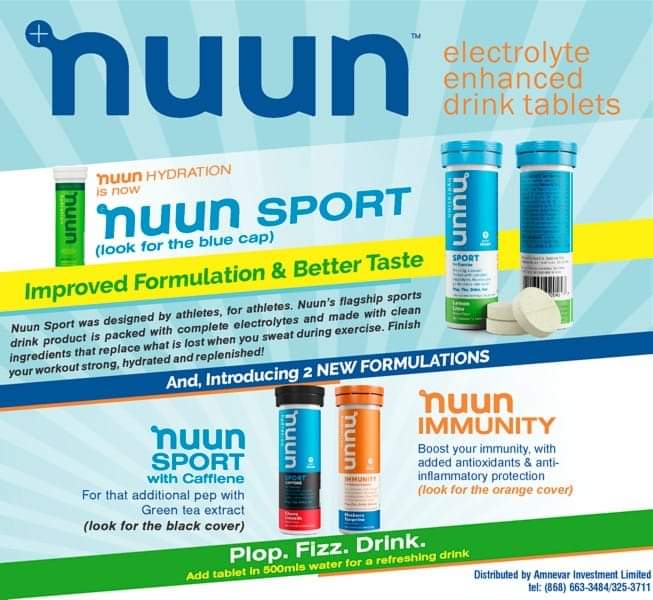‘In light of forecasted continued higher oil prices, Heritage has positioned itself to take the most advantage of the opportunities that present itself during this time’

JUST a few years ago, the mere mention of Petrotrin signified a massive headache for policymakers and governments.
The state oil company, despite having massive exploration and production operations, was in severe financial difficulties. While engaging in profitable operations in the exploration and production units of the company, the refining operation was haemorrhaging cash, which affected the company severely.
One of the major problems was that Petrotrin only produced a fraction of the oil necessary to run the ageing refinery, which meant that approximately 100,000 barrels of crude oil had to be purchased to operate the 140,000 barrel per day capacity refinery. However, given the excessive costs and inefficiencies of operating the refinery, the company was losing between US $3 to $5 for every barrel of oil refined. The refinery operations constituted a black hole, where the profits from exploration and production would dissipate into an almost $2 billion a year loss for the company.
In the five years leading up to its restructuring, the company had accumulated losses of $8 billion, had amassed a debt of over $12 billion and owed the government over $4 billion in unpaid taxes and royalties. Further, a major debt repayment of US $850 million, due in 2019, meant that the government would have to cover this massive cost at a time when its revenues were already strained. These circumstances were unsustainable and more so, proved to be a high risk and exposure for the state and its precarious finances at the time. Thus, the difficult but necessary decision to restructure Petrotrin was taken.
The main production units were separated with the exploration and production arm becoming Heritage Petroleum, while the fuel trading unit became Paria Fuel Trading, both operating under the parent company of Trinidad Petroleum Holdings Limited. The loss-making refinery was separated from operations with the intention of sourcing an independent operator for the facility.
Now, three years after the restructuring of Petrotrin, what has been the results? With the major issue of the loss-making refinery separated from the main, core operations, Heritage could focus on the fundamental activities of finding, extracting and selling crude oil. Within the first year of operations, the company posted $1.4 billion in profit before tax. In 2020, profit before tax amounted to roughly $1 billion and most recently, in financial year 2021, profit before tax was reported at $1.95 billion. More significantly, in 2021, the company would have paid approximately $2 billion to the Treasury through the Supplemental Petroleum Tax, Royalties, Petroleum Profit Tax and Unemployment Levies. Still, with these taxes paid, Heritage boasted an after-tax profit of $682 million in 2021.
This represents an amazing turnaround for a company with significant accumulated losses, from being a burden to the taxpayers of Trinidad and Tobago, to a major contributor to the Treasury. More importantly, the new company was able to restructure its financing arrangements and independently finance its own debt payments. This not only reduced the financing costs for the restructured company but also removed this commitment and burden from the government. With the caseation of operations of the refinery, the net outflow of foreign exchange to purchase crude oil has also been reversed, where Heritage is now selling oil and earning foreign exchange.
Oil production domestically has been declining over the years, with Petrotrin still being a major producer. With Heritage’s main focus on exploration and production of crude oil, there has been an increase in its production from its acreage by 3.5 million barrels annually over the last three years. Given its renewed focus on increasing production and forging further strategic alliances, the future for Heritage and our oil industry certainly looks brighter than it did in 2018, before the restructuring.
With elevated energy prices and an anticipated increased demand globally, to make up the expected shortfall in supply, caused by sanctions on Russia, there is renewed focus and attention on the energy industry. In light of forecasted continued higher oil prices, Heritage has positioned itself to take the most advantage of the opportunities that present itself during this time.
Its remarkable turnaround is certainly a relevant case study on how a loss-making state enterprise can be restructured, properly managed and transformed into a successful profit-making business.
Vyash Nandlal hold a Bachelor’s degree in Economics and an MSc in International Finance. He has more than 12 years’ experience in the field of economic research and analysis. He currently works as an economic researcher and advisor in the Office of the Prime Minister and sits on the boards of several state and non-profit organisations. The opinions and comments expressed by him are not necessarily those of AZP News, a Division of Complete Image Limited.
![]()












